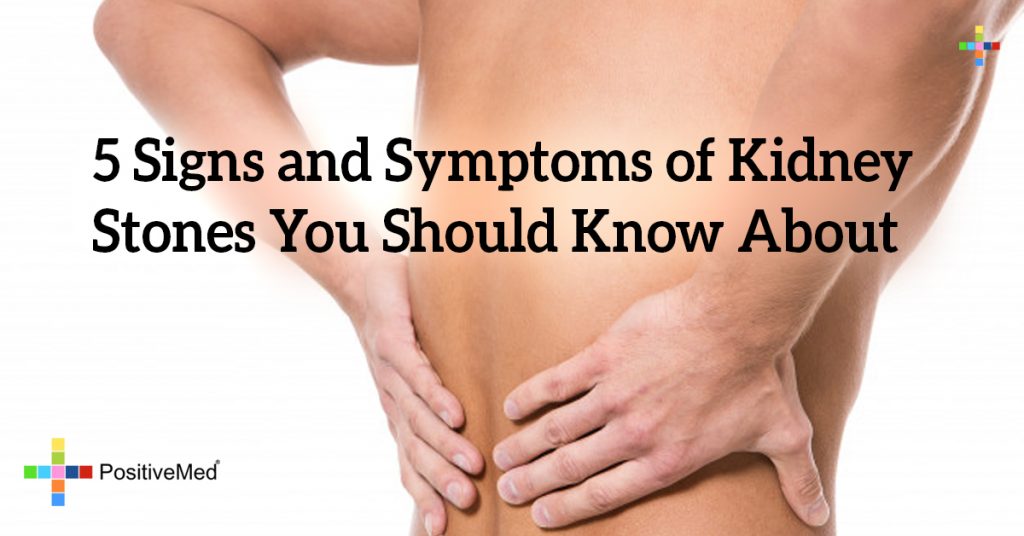
Kidney stones are one of the most common urinary tract disorders. They are hard, crystalline minerals that develop in the kidneys when urine becomes too concentrated. The stones can vary greatly in size and shape and occur most often in people 20-40 years old.
The primary function of the kidneys is to remove toxins from the blood and expel excess water and waste through urine. Urine makes its way through each kidney into the bladder then travels out of the body through the urethra. Usually, the toxins are dissolved but sometimes they form tiny crystals that can clump together and become a kidney stone.
Small stones usually come out with urine without symptoms, however, large stones may block the urethra causing severe symptoms. This happens when the stone gets stuck in the tube that connects the bladder to the kidneys, known as the ureter. The size of the stone does not define the severity of pain. Here are some symptoms of kidney stones:
RELATED ARTICLE: HOW TO REMOVE KIDNEY STONES IN JUST 10 DAYS
- Pain in kidneys
When a stone gets stuck in a kidney it can cause pain on the affected side of the abdomen. You may experience sudden severe pain that gets worse in waves. It can also cause pain in the back, either side, groin, and genitals. The pain is so severe that people have called it the worst pain in their lifetime.
- Renal colic
This pain can come and go or remain constant. It’s caused by the stone moving inside the kidney, you may sweat or feel sick from the severity of pain. Changing body position does not relieve the pain.
- Blood in urine
If you have blood in your urine with stomach pain it’s a sign of kidney stones. The rubbing of the stone against the inside of your ureter can cause bleeding, shown by red or pink urine.
- Infection
People with kidney stones often have a urinary tract infection with fever and pain while urinating.
- Timing of pain
If you are unsure whether or not it’s a kidney stone keep a pain record. Most often pain from kidney stones starts in the morning because you have usually gone several hours without urinating.
Early signs of Kidney stones
- Frequent and painful urination – The most common and an early sign of kidney stones. You feel urgency even if you have not been taking in fluids, when you go it’s in small amounts.
- Nausea and vomiting – These are early signs of kidney stones. The reason is when your kidneys are not functioning properly the only way for your body to expel the waste is through vomiting.
- Pungent smelling urine – With discoloration, you may have pungent, cloudy urine from excess chemicals and toxins.
- Inability to sit – If the stone is large it can make it difficult to sit or lie down because it puts more strain on the affected area. You may feel some relief standing up.
See your doctor for any of these symptoms.





